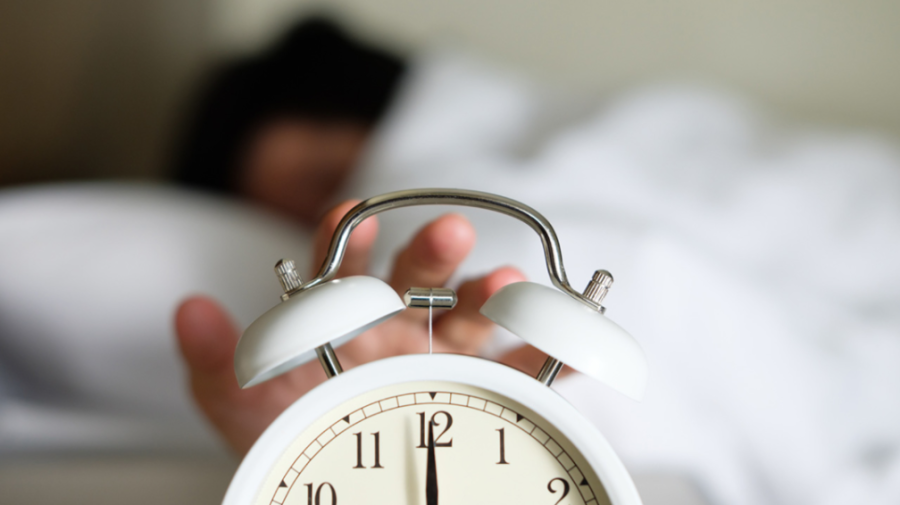Is Daylight Savings Time coming to an end?
The Senate approved the Sunshine Protection Act. for next year, but what do people and ecologists think?
In March 2022, the U.S. Senate approved the bill to bring Daylight Saving Time to a permanent mark.
The last Daylight Saving begins and ends on March 13 of next year, 2023, if the bill is approved by the president. The idea promotes more economic activity and longer afternoons, as summer and spring will feel the same but in winter the sun will set an hour later near 6 pm instead of 5 pm.
Back in 1974, the experiment was tried, a TIME article reports. The aim was for two years but ended up being eight months. It turned out that the sun rose later in the day, rather than straight in the morning. The extra darkness would fill up the mornings, which could negatively affect people’s sleeping patterns and cause employers and employees to wake up later in the day.
With the Senate’s approval, they mark this new law the Sunshine Protection Act, which has been through the voice vote. However, President Joe Biden is yet to approve or veto the bill. Nancy Pelosi refused to admit whether she supports this bill, as she says she’s still reviewing it closely.
“I think it might make our lives simpler,” junior and Student Council Representative James Mahia said. “I think we all can agree that making every clock in the world go back an hour is pretty annoying. However, going to school when the sun is still rising around 8 am really sucks. It’s like if all high schools turned into college night schools, especially considering that you never get to spend much time outside in a high school in Illinois as opposed to outdoor-like ones like in California.”
Studies over the last 25 years show the minor difference of 1 hour can severely disrupt the body rhythm, a CNN article reports. Sleep experts and ecologists are against this bill, saying the sun could rise way after 8 am through 12 pm if it ever gets to that point.
“Your body clock stays with natural light, not with the clock on your wall. And there’s no evidence that your body fully shifts to the new time,” Dr. Elizabeth Klerman, a professor at Harvard Medical School, said.
Congressmen have been receiving calls and opinions based on this act of Congress, hearing opinions from different people based on experience as of right now.
“We know that the majority of Americans do not want to keep switching the clocks back and forth,” Congresswoman Jan Schakowsky said. “I have received calls from constituents who prefer permanent standard time because they have safety concerns for children who have to wait too long in the dark during winter for the school bus, and I have heard from constituents and businesses who prefer permanent daylight saving time because they prefer longer daylight hours. While there does not seem to be a consensus yet, I am continuing to listen to my constituents and work with my colleagues to determine the best path forward.”
The perspectives of people and their families vary, depending on what they believe is best for themselves, their children, and for others. Ecologists, on the other hand, decide it’s best to keep the clocks springing forward and falling backward for the sake of the human sleep cycle, sunrises, and sunsets happening when they usually do.

Grace is a Junior at Niles North. She joined NSN after a spark of interest in journalism as a future career and writing as her favorite hobby.








Cynthia Fey • Dec 20, 2022 at 8:34 am
Oh please please please let this bill become law!